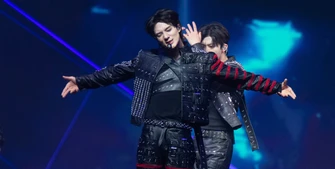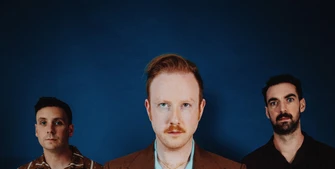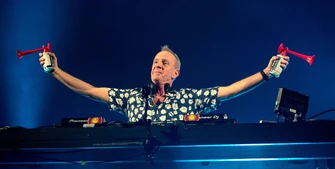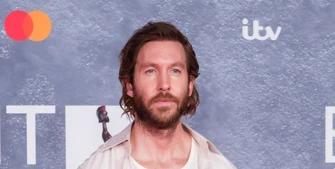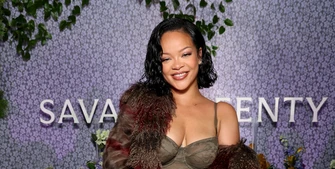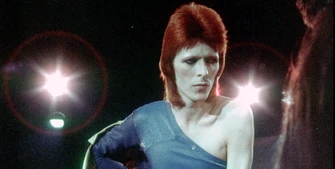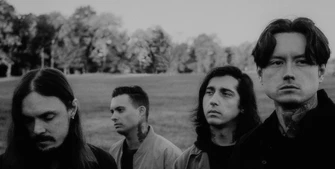Can You Escape Fame? Why Some Musicians Choose to Stay Anonymous
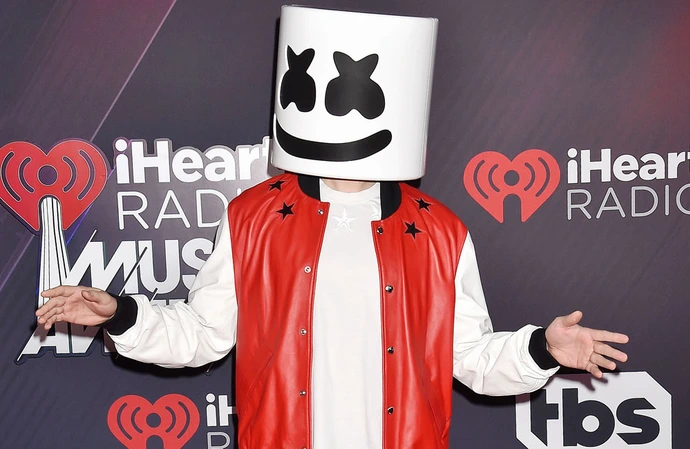
Some musicians elect to keep their faces off stage, preferring that fans take an interest in their music, not their lives. By obscuring identities, acts like Daft Punk and Marshmello convert mystery into a creative tool. They subvert the notion that an artist’s face should dominate the public profile, proving that sheer talent is enough to gather an adoring audience.
Focusing on the Music
Early in the 1990s, the members of Daft Punk began wearing robot helmets as a way to draw attention away from their personal lives and focus it on their music. Thomas Bangalter and Guy-Manuel de Homem-Christo said the helmets prevented people from fixating on their appearance, instead drawing their attention to the beats and melodies. And Marshmello’s white mascot head gives fans something to talk about other than his chilled electronic grooves, not about the looks of Christopher Comstock.
Virtual bands take this further. Gorillaz use animated characters on screens and holograms, allowing Damon Albarn and Jamie Hewlett to reinvent themselves without the weight of expectations attached to their previous fame in Blur and comics. That approach allows them to try out a genre like hip-hop or reggae without the pressure of fan expectations.
Safe and Private
Anonymity also shields artists from unwelcome attention, online threats, or paparazzi. It’s a shield in the same way that, say, lottery winners often go anonymous after hitting the jackpot: to fend off crowds at their door, pressure to spread the wealth, or even legal claims. In the same way, musicians find peace as long as they can keep their private lives out of the spotlight.
Creative Freedom
The wearing of masks or concealment of faces means freedom to experiment. MF DOOM donned a metal mask based on the Marvel villain Doctor Doom, assuming an alter ego that could deliver social critiques and stories without being tied to Daniel Dumile’s personal life. This persona allowed him to work with others, guest-appear, and put out albums without fans’ scouring every song to find a reflection of his private self.
The Swedish metal band Ghost refers to its members as “Nameless Ghouls" to create mystique and to steer fans toward the message of the music rather than personalities. Even when identities leak, the question of “who they are” becomes part of the art, fueling fan engagement rather than distracting from it.
A Long-Standing Tradition
Anonymity actually has a lengthy history that goes back to at least the 19th century, when authors used pen names. Mary Ann Evans, a British author, chose to write under the name George Eliot to ensure that her books would be judged solely on their own merits rather than her gender. In music, artists like Burial, Deadmau5, Slipknot, and Buckethead have used masks or secrecy to make their art about something other than celebrity culture.
By choosing the shadows, these musicians remind us that fame is not a one-size-fits-all pursuit. For others, the greatest spotlight is the music itself, undimmed by tabloid narrative or social media pressure. In a culture that longs to always be seen, to remain unseen can become the boldest statement of all.

